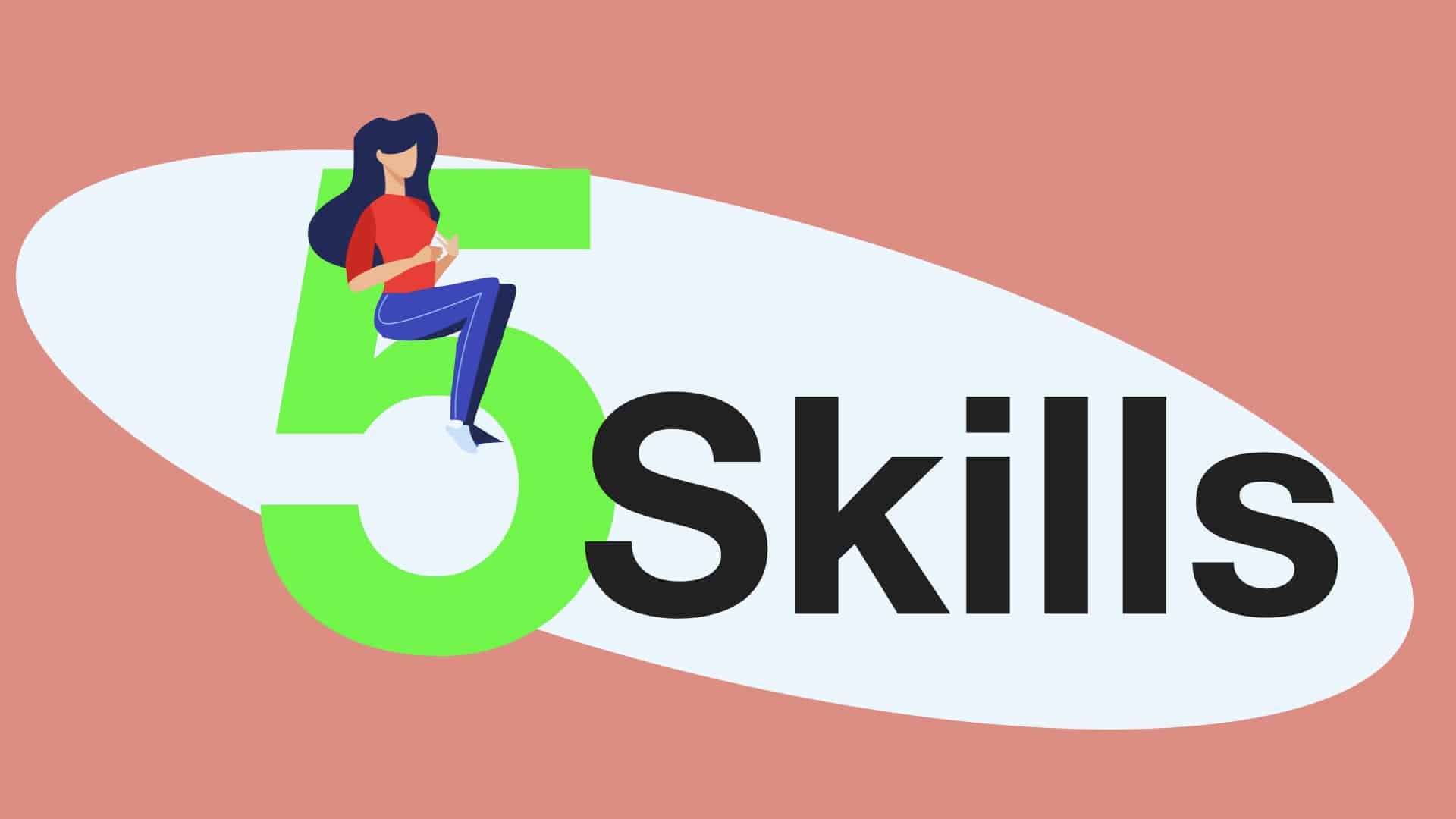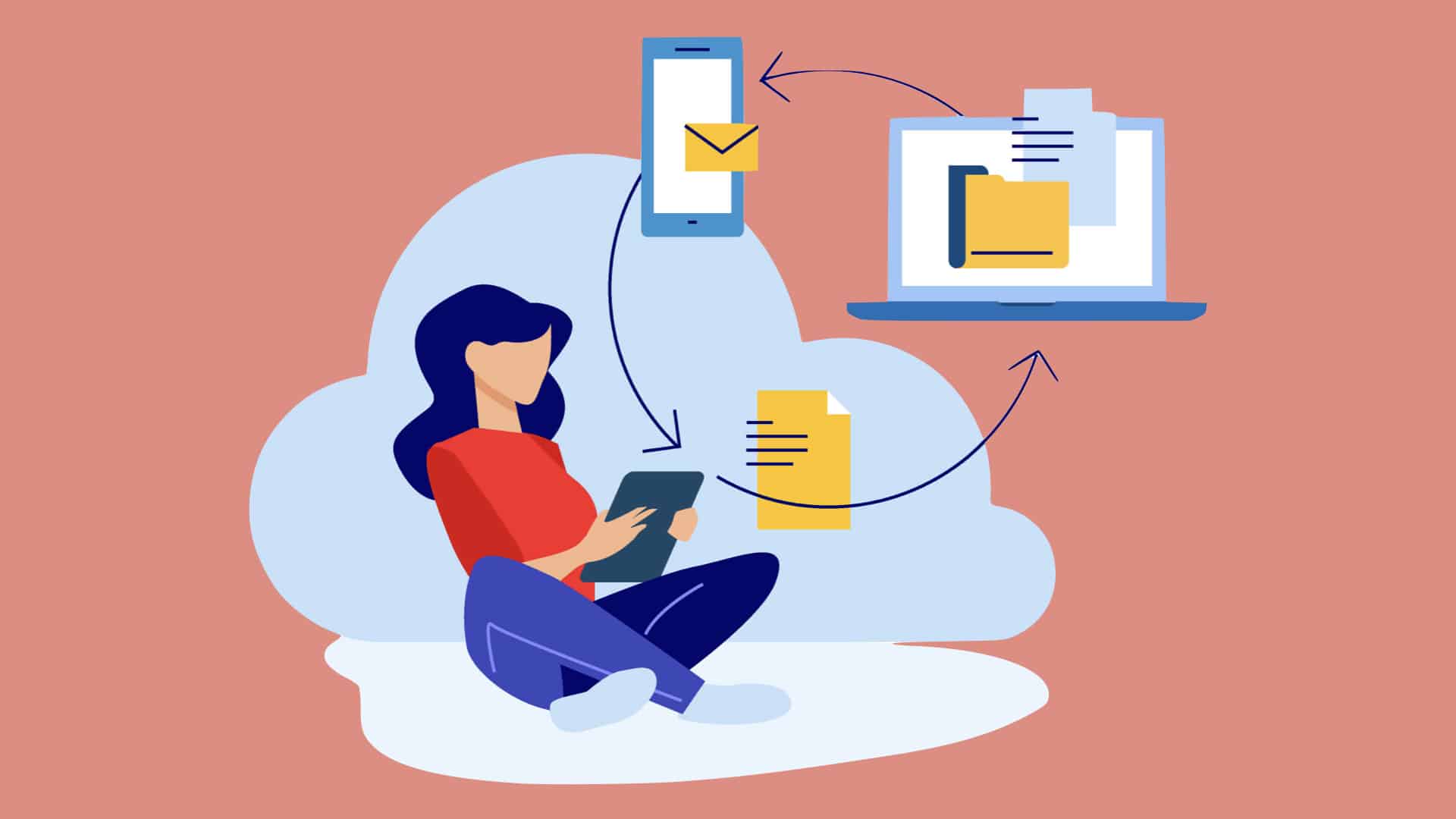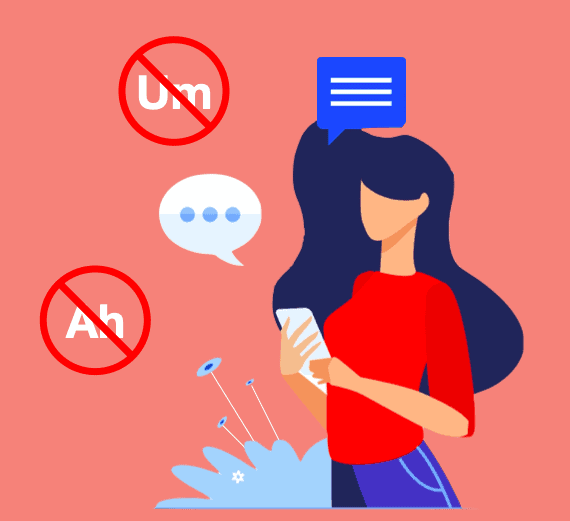 Use this interactive interview coaching guide with skill exercises to learn How to not be nervous for an interview.
Use this interactive interview coaching guide with skill exercises to learn How to not be nervous for an interview.
If you want more interview preparation to help you get the job offer, click here.
How to Not Be Nervous for an Interview
Interactive Interview Coaching Guide with Skill Exercise
 If you want to learn how to not be nervous for an interview you are in the right place!
If you want to learn how to not be nervous for an interview you are in the right place!
This interview coaching guide contains tools and a skill exercise to develop interview skills that will calm your nerves and anxiety during an interview.
Let’s get started! Time to help you learn how to not be nervous during an interview.
Table of Contents
- 1 Interactive Interview Coaching Guide with Skill Exercise
- 2
- 3 How to not be nervous during an interview
- 4
- 5 How to not be nervous during an interview
- 6
- 7 How to not be nervous during an interview
- 8 Skill Exercise to Overcome Interview Question Anxiety
- 9 Interview Question 1
- 10 Interview Question 2
- 11 Interview Question 3
- 12 Get More Interactive Interview Preparation
- 13
- 14 How to not be nervous during an interview
- 15
- 16 How to not be nervous during an interview
- 17 Now It’s Your Turn

How to not be nervous during an interview
Five Interview Skills that Get You Hired
Plus Tools to Develop Interview Skills and Calm Nerves
Interviewing for a job is not something we do every day. Successful job interviews require an artful balance of knowledge, talent, charisma, and the ability to sell one’s skills to the interviewer.
This balance is driven by a handful of interview skills that separate applicants into two categories: hired or not hired.
The five interview skills that will get you hired are:
- Communication, the ability to listen, the ability to respond with intent and focus, and the ability to express oneself clearly
- Cognitive empathy, the ability to take the interviewer’s perspective
- Storytelling, the ability to articulate your professional narrative consistently and clearly
- Quick thinking, the ability to think aloud in a positive and professional manner
- Nonverbal communication, the ability to present yourself professionally through your body language and presentation
Learn how to not be nervous during an interview by developing these five critical interview skills.
Learning these important interview skills doesn’t need to be overwhelming or expensive. Here are several free InterviewDestiny job interview preparation tools to help you build your interview skills and reduce interview nervousness:
- Interactive Interview Preparation Checklist, helps you build communication, cognitive empathy, storytelling, and quick thinking skills interview skills.
- Interactive Video Interview Tips (and Checklist), helps you build nonverbal communication interview skills.
- Skill Exercise to Overcome Interview Question Anxiety, helps you build your communication and quick thinking interview skills.
How to not be nervous during an interview
Interview Preparation
One of the best ways to calm your nerves during an interview is to have thoroughly prepared for the interview.
When you prepare for your interview you feel more confident. This confidence will help you stay calm and perform well in the interview.
To build your interview confidence prior to an interview you want to:
- Research the company and the interviewer
- Confirm you have a complete understanding of what the job you are interviewing for requires and how success is measured
- Match your skills, talents, experience, and work history achievements to the responsibilities of the position you are interviewing for
- Prepare and practice answers to interview questions
- Confirm your interview social media profiles are interview ready
- Confirm you have prepared supplementary interview materials
- Confirm interview attire and interview logistics that helps you put your best foot forward
To build your interview confidence, complete our free interactive Interview Preparation Checklist. The checklist walks you through 12 interview preparation steps (which include each of the interview preparation tips above).
How to not be nervous during an interview
Skill Exercise to Overcome Interview Question Anxiety
Interviewees commonly express nerves around what question they are going to be asked.
If this sounds like you, you want to:
- Ensure you understand how your work history, skills, and experience relate to the responsibilities of the position you are interview for, and
- Practice answering interview questions so that you sound clear, confident, and professionally.
To help you build your interview skills and confidence, complete the How to not be nervous during an interview skills exercise below.
Skill Exercise Instructions
- Put yourself in your professional interview mode
- Think about the job description you are interviewing for
- Pretend you are sitting across from an interviewer who is trying to figure out if you are the person they want to hire
- Play each interview question
- Use the practice recorder to record your interview answer
- Listen to your interview answer and analyze it from the hiring manager’s perspective
- Keep practicing your interview answers until you sound confident, clear, and convincing
Skill Exercise to Overcome Interview Question Anxiety

Practice Your Interview Answers
How to not be nervous during an interview
Tactic to Calm Nerves and Avoid Saying “Um”
One of the common mistakes nervous job seekers make in an interview is rushing a response and using words and phrases such as “um”, “ah”, and “hmmm”.
Saying “um”, “ah”, or “hmmm” diminishes credibility.
These words are often said when someone is thinking aloud and hasn’t formed their complete interview answer.
Instead of using words like “um” or “ah” when nervous and thinking of what to say, take a soft “hidden” deep breath while smiling and then respond.
You can hide a deep breath by:
- Inhaling (for no longer than 10 seconds)
- Naturally smiling on inhale
- Answering the interview question on your exhale (just don’t exhale heavily or it will be off putting to the interviewer)
This tactic gives you time to think of what you want to say, helps you avoid the filler words that remove credibility, gives you a brief moment to compose yourself, and allievates interview nerves with a hidden breath exercise.
Interview question anxiety is real. It can cause job seekers to panic and give bad responses especially if they do not know how to answer a question.
If you are asked a specific “how-to” or “how would you…” interview question and you don’t have an immediate answer, never say “I don’t know.”
Use the opportunity to demonstrate that you are honest and care about your responses. Below are three example answers that can be said instead of “I don’t know.”
Example 1
“I’ve never thought about that before. It’s a good question. I want to make sure I give you the best response possible. Is it possible if we come back to that question?”
Example 2
“This is not something I have thought about before and I’m a little nervous. I want to make sure that I provide you examples from my work history. Would it be okay if we come back to this question?”
Example 3
“I’ve never thought about that before. It’s a good question. I don’t want to give a disingenuous answer. Would it be okay if I give it some thought and email you my response?”
Most interviewers will be okay with any of the responses above.
Be prepared that the interviewer may say “no.”
If the interviewer says “no” give your best interview answer possible.
Then let the interviewer know that you will give the interview question more thought and will follow up by email.
Before the end of your interview day email a short, clear, and thoughtful answer to the interview question.
This will demonstrate to the interviewer that you:
- Are an eager and interested candidate
- Have timely follow up skills
- Can think through problems/ situations in a short amount of time and generate an outcome
Only use this interview answer strategy for interview questions that are job specific and require “how to” detail.
This interview answer strategy can diminish your chances of getting the job if used on a common interview question like “Why should I hire you?”
How to not be nervous during an interview
Bonus Interview Tip:
Hiring Manager Insight to Calm Nerves
On average a hiring manager will interview a minimum of six job applicants and ask each person 10 questions over a period of 45 minutes.
In a first round of interviews a hiring manager will listen to just under five hours of interview answers.
Hiring managers are waiting for the holy grail job applicant to give interview answers that make it easy to offer the job without hesitation.
Hiring managers want to hear interview answers that:
1.) Clearly connect the dots between your achievements and the responsibilities of the position,
2.) Clearly explain what outcomes you achieved for previous employers,
3.) How you will apply your experience to the position you are interview for, and that
4.) Show you are truthful by including portfolio examples, letters of recommendation, and/ or offers to make introductions to previous employers.
To give yourself a competitive edge to get the job offer make sure to practice interview answers that:
- Clearly explain how you’ve been successful in similar roles in the past, and
- How you will apply your experience to achieve success in the position you are interviewing for.
Make each sentence you share count! Use your interview answers to make it very easy for the interviewer to see why you are the best candidate for the job.
Now It’s Your Turn
What tactic(s) will you use to help calm your interview nerves?
I’m partial to the hidden breath, smile, and respond tactic. It’s something that has worked well for me.
Did you try the skill exercise? How did it feel blindly answering an interview question?
I’d love to know your thoughts. Leave a message in the comments and I’ll get back to you.






